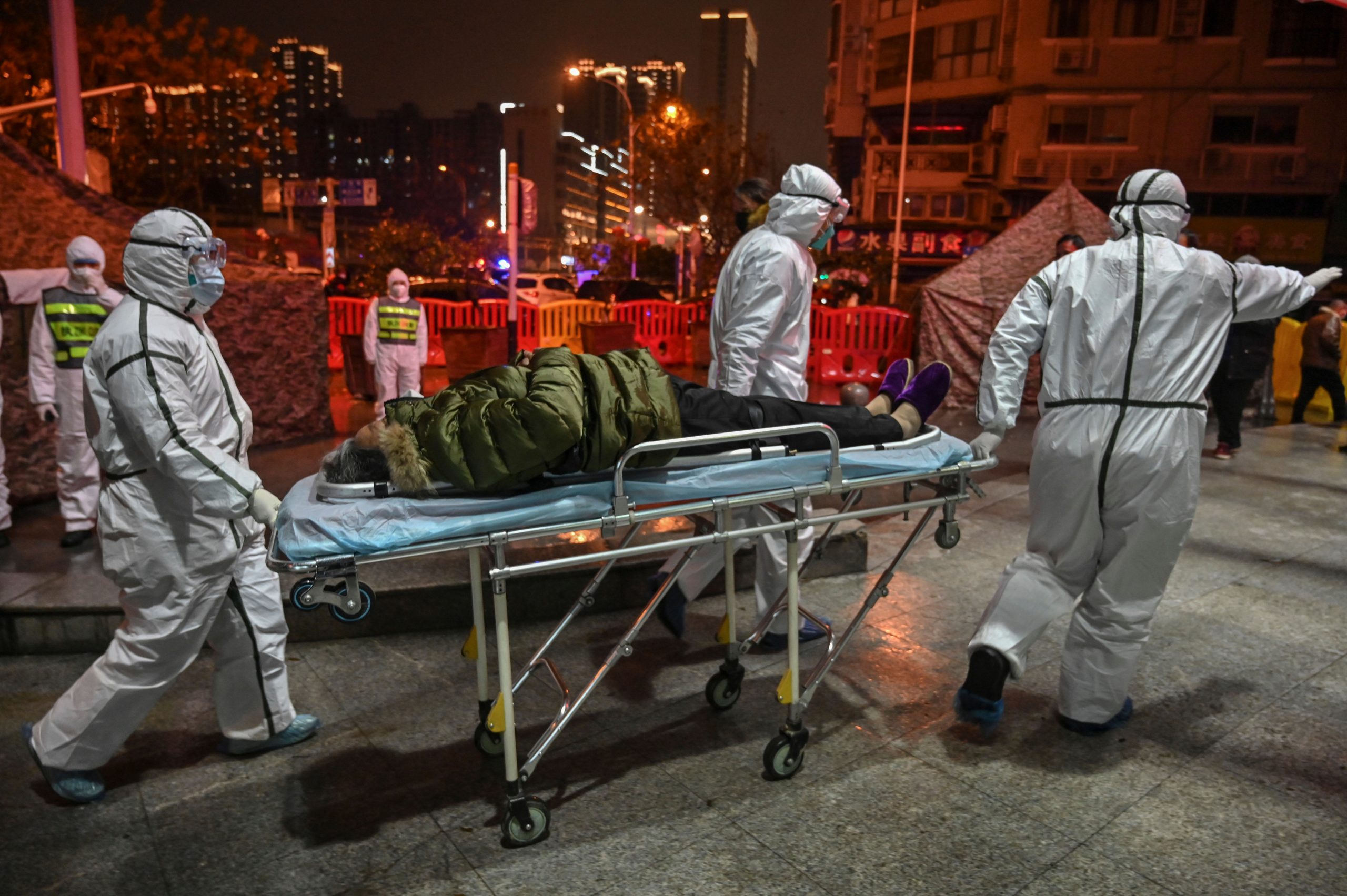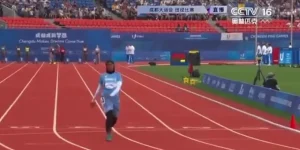Two Chinese filmmakers have captured distressing footage of the terrible situations in the Wuhan City of China at the time of coronavirus outbreak. Wuhan was the first city in the world to report coronavirus cases.
Back in February, the filmmakers strapped PPE suits and recorded the unsettling visuals of Wuhan citizens hammering on hospital doors, medics collapsing from exhaustion, and relatives begging in vain to say goodbye to infected loved ones.
These images were edited by New York-based director Hao Wu and premiered at the Toronto International Film Festival (TIFF) on Monday as ’76 days’. The name was selected by the contributors after the duration of lockdown in Wuhan.
Also read: TIFF 2020: All the Indians that have participated in North America’s biggest film festival
The film is shot in a claustrophobic, cinema verite style; without any voice over and direct interviews. It is the first major documentary from the epicentre of the disease.
’76 days’ focuses on the condition of doctors and patients grappling with a terrifying new reality. It does not engage with politics and blame to focus on personal stories of tragedy and bravery, hope and despair, which repeated around the world after emerging in China.
Wu first contacted the filmmakers when he witnessed China’s early lockdown first-hand during a family visit for Chinese New Year.
“It was a horrible, horrible shooting experience for them,” Wu told AFP. “They were fainting, it was really warm. A few times filmmaker Weixi Chen wanted to throw up inside (his) goggles, but he couldn’t because once you throw up, you have to remove your PPE suit and you have to get out.”
“It was like shooting in a war zone,” he added.
According to Wu, getting visuals from Chinese hospitals were easier than filming in New York hospitals. “Wuhan hospitals, desperately lacking personal protective equipment, initially welcomed coverage that could boost donations and volunteers,” he said.
Asked about the vagueness of film release in China, Wu said, “I would love to show it in China because I feel that for the entire country with COVID-19, it has been such a scar on the nation’s psyche.”
“Obviously right now most Chinese feel proud the country has been able to control it. But it is a trauma,” he added.







